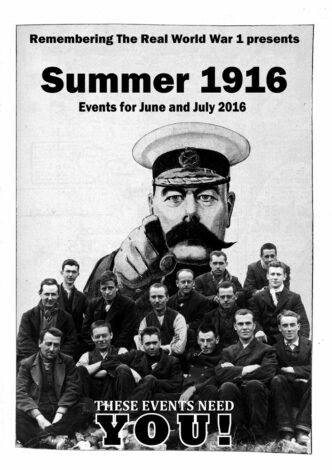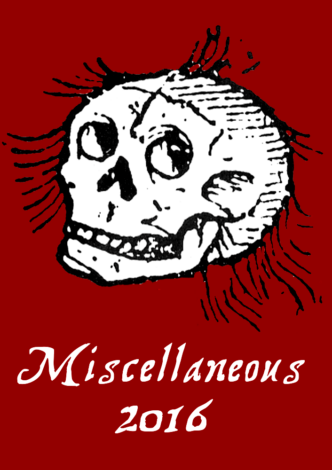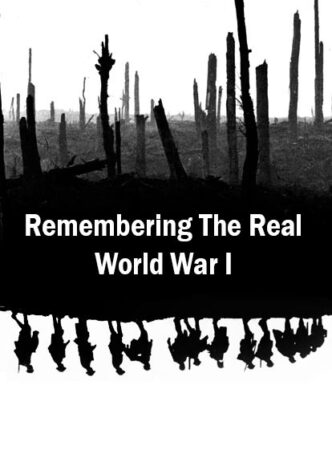Slaughter No Remedy
“I cannot and will not kill”
A re-enactment of Walter Ayles' Militry Tribunal Bristol Register Office, Corn Street, BS1 1JG. Walter Ayles was Bristol’s most prominent opponent of World War 1. He was a member of the Independent Labour Party and city councillor for Easton from 1912. When war was declared in 1914 he was the only councillor to vote against a motion offering “whole hearted support” for the war. He became a national executive member of the No-Conscription Fellowship. In April 1916, when conscription was […]





